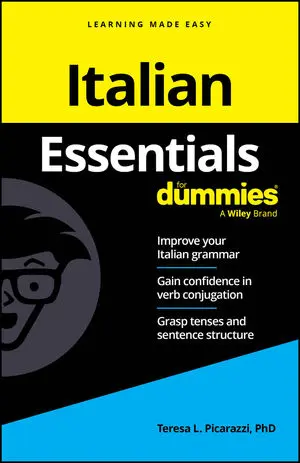Develop a Chinese shopping vocabulary to gain a new cultural experience when traveling. Whether you're shopping for clothes, food, or souvenirs, you can use the following Chinese phrases to help you find just the right thing.
The following phrases will be useful in a variety of shopping situations.
bù, xièxie, wŏ zhĭ shì kàn kan. (No, thank you, I am just looking.)
zhè gè duōsháo qián? (How much does it cost?)
wŏ néng fù xiànjīn háishì xìnyòngkă? (Can I pay cash or credit?)
chāojíshìchăng zài năr? (Where is the supermarket?)
nĭ néng gĕi wŏ bāo yíxià ma? (Would you wrap it for me, please?)
nĭ dăsuàn măi shénme? (What are you looking for?)
bù, xièxie, wŏ zhĭ shì kàn kan. (No, thank you, I am just looking.)
duō dà hào de? (What size?)
zhè shuāng tài jĭn le. (This is too tight.)
zhè jiàn yŏu xiăohào de ma? (Do you have this in size small?)
zhèxiē kùzi jiănjià ma? (Are these pants on sale?)
duì, mĕijiàn dōu dă wŭ zhé. (Yes, everything is 50 percent off.)
wŏ kĕyĭ tuì zhè gè ma? (May I return this item?)
In most Chinese-speaking countries, most people shop for groceries in open-air street markets, convenience, or supermarkets (chāojí shìchăng) (chaow jee shir chahng).
The following words can be used in a variety of shopping situations.
xìnyòng kă (sheen yoong kah) (credit card)
guì (gway) (expensive)
dà (dah) (big)
shòuhuòyuán (show hwaw ywan) (salesclerk)
xiăo (shyaow) (small)
xiànjīn (shyan jeen) (cash)
yīfu (ee foo) (clothing)
yŭyī (yew ee) (raincoat)
qúnzi (chwun dzuh) (skirt)
zhūbăo (joo baow) (jewelry)
xiézi (shyeh dzuh) (shoes)
qiánbāo(chyan baow) (wallet)
If you want to buy antiques in China, make sure that they aren't older than 1795 AD. Anything older is illegal. If the item you want dates from 1796 to 1949, it needs to bear a red seal from the Central Relics Bureau. Also, don't forget to keep the receipts handy; you'll need to show them when departing China.






